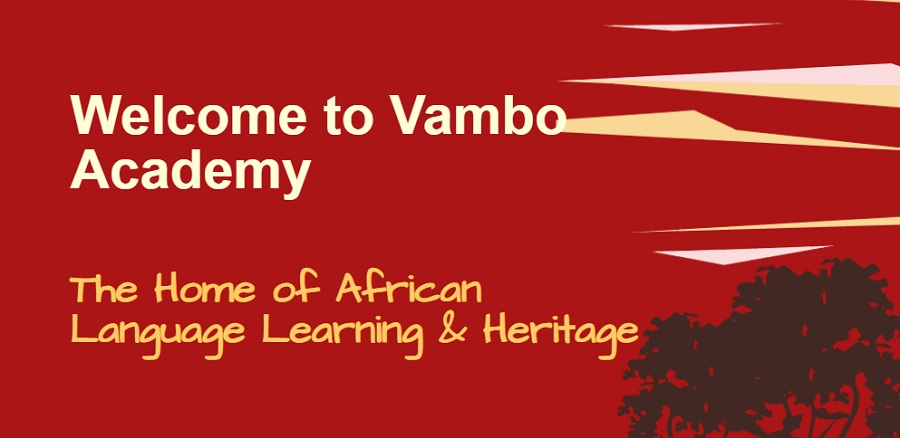South African ed-tech startup Vambo Academy is enabling African language learning, translation services and access to indigenous knowledge via its online platform.
Launched in August 2021, Vambo Academy allows users to learn language in two ways – through a self-learning tool which enables self-paced learning using a standardised curriculum, or through live, virtual one-on-one group sessions with its experienced tutors.
Prior to COVID-19, Chido Dzinotyiwei and Dorcas Kwaramba offered physical language lessons to Johannesburg customers, but its operations were disrupted by the pandemic. Like many, they had to adapt.
“We decided to incorporate technology in order to make our solution easily accessible and scalable,” Dzinotyiwei said.
The new tech-based solution went live almost a year ago, after the pair took time to conduct the necessary research in linguistics and technology, as well as to create the best language learning content for students ranging from beginner to advanced level.
They built Vambo Academy while testing the market for their mother tongue, ChiShona, but it now offers 12 African languages which represent and span five Southern African countries – Botswana, eSwatini, Lesotho, South Africa and Zimbabwe.
“We now have a strong team of tutors and content creators who are either qualified in the field of linguistics or have more than two years of experience teaching their languages of focus. We also have an amazing and talented engineering team that has experience in building and raising funding for tech solutions geared to solve problems on the African continent,” said Dzinotyiwei.
Vambo Academy has made hay in filling a gaping gap – the shortage of African language learning resources. Dzinotyiwei said this shortage was surprising considering many countries made it compulsory for primary and secondary school students to learn an African language.
“Take South Africa for example,” she said. “There are approximately 12 million primary and secondary school students who learn an African language for a continuous period of about nine years. These students are limited to using traditional books which are rarely contextualised. This is the market we decided to address through technology and modernising language learning content.”
Another source of demand was the desire from the African diaspora desire to reconnect with their roots.
“Language is one of the ways this is done. I was one of these people, having been born in Zimbabwe and raised in South Africa. I re-taught myself my mother tongue after losing much of the vocabulary and grammar. Some of the techniques I used at that time have been implemented in our unique and effective learning methods at Vambo Academy,” said Dzinotyiwei.
Bootstrapped from inception, Vambo Academy has over the past eight months received funding from various institutions, such as the Injini ed-tech accelerator and Entrepreneurs’ Organization (EO). With the latter, it competed in its Global Student Entrepreneur Awards (GSEA), reaching the final in Cape Town.
“Reaching such a final stage of the competition is a significant achievement for both me and the Academy and one that I hope will help Vambo Academy expand even further,” said Dzinotyiwei.
“We are in the process of adding new languages which opens up new markets for our business. The next language in the pipeline in KiSwahili.”
Vambo Academy has three core business models – pay-per-lesson, where students book and pay for live virtual lessons; subscription, where students enrol in a periodic subscription to gain access to all languages on the platform; and charging fees for translation services, where fees are charged per word and type of document.
All has gone well so far, but enacting a COVID-pressured pivot has come with its share of challenges.
“The first one was that the first version of our platform was not user-friendly and it did not address many of the client needs. It enabled us to validate one service, being teaching languages, but it ceased to aid us in making the necessary changes and updates,” said Dzinotyiwei.
Unexpectedly high demand also caused problems.
“When we launched, we had not planned for the high interest and uptake, so we had to implement a wait list and implement a number of processes in order to manage the growth,” she said.
“This took us a little longer than we would have liked, but the trade-off between implementing robust processes and enrolling students with minimal processes was not an option for us. Since then, we have learnt how to launch and present new features to our market in a way that is best for our industry and various language niche markets.”


